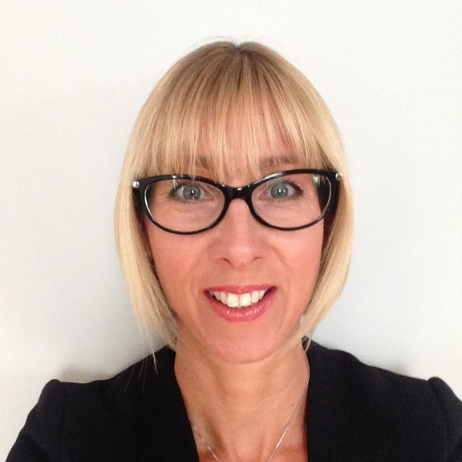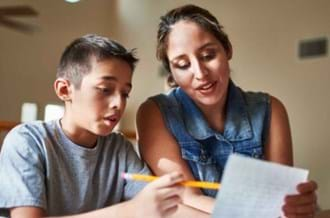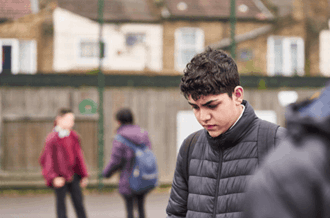Supporting the mental health of children and young people with SEND
Supporting the mental health of children and young people with SEND

Dr Julia Clements
Principal Educational Psychologist – Julia has worked with children, young people, schools and families for 28 years. Originally a teacher, she trained to be an Educational Psychologist in 1996. She has worked in mainstream schools, special schools and pupils referral units (PRUs), and joined Place2Be in 2013.
Dr. Julia Clements, Place2Be’s Principal Educational Psychologist, on how Place2Be supports the mental health and wellbeing of children and young people with Special Educational Needs and Disabilities (SEND).
At Place2Be we strive to ensure that all children and young people who need mental health support at school can access our services, including those with SEND.
National data indicates that 12.6% of the school age population receive ‘special educational needs (SEN) support’ at school, and 4% have an Education Health and Care Plan (EHCP).
At Place2Be 19.5% of the children and young people who access our one-to-one counselling receive SEN support and 3.6% have an EHCP. This means that children and young people with SEND are accessing our services. In fact, children on SEN support are over-represented in our data, which is a good thing.
Why is this a good thing? Well, as outlined in this blog from Jenny Saxton and Professor Tamsin Ford, children and young people with SEND are more vulnerable to experiencing poor mental health, and are therefore more likely to need access to early intervention and support for their mental health and well-being.
How does Place2Be support the mental health of children and young people with SEND in our partner schools?
An important part of our work is having a robust assessment and formulation process. This means that we gather lots of information about a child from people that know them well – including their teachers and parent-carers. Crucially, we also involve the child in this process, so that their voice, opinions, wishes and goals are listened to and taken into account.
This is especially important for children with SEND as they often receive multiple interventions in school but are not always empowered to help shape the focus of an intervention.
As outlined in Jenny and Tamsin’s article, we must keep a rights-based approach to working with children with SEND at the forefront of our work. Indeed, the UN convention on the rights of the child reminds us that “every child has the right to express their views, feelings and wishes in all matters affecting them, and to have their views considered and taken seriously”. Hence Place2Be’s focus on eliciting the child’s voice before, during and at the end of an intervention.
Adaptations might include, for example, adjusting the lighting or the heating for a child with sensory differences or checking our understanding with a young person with speech, language and communication needs.
It could include using visuals, such as social stories to enhance communication between the counsellor and an autistic child or allowing for movement breaks for young person with ADHD. To support them in their work with children with SEND, Place2Be counsellors have access to clinical supervision and to consultations and professional development from the Educational Psychology team.
While clinical recovery is more of a challenge for children with SEND with mental health difficulties in the severe range, compared to their peers, our data indicates that most children with SEND typically make as much progress in counselling (as indicated on their SDQ scores) as their peers who have no SEND.
Although this is to be celebrated, we know our work is not done, and we still have lots to learn about how we can make our services more accessible and inclusive for the many children with SEND who need mental health support in schools.
News & blogs

Why self-awareness is as important in parenting as it is for children
We share examples of how self-awareness can help you grow as a parent and get the best out of you and your child.
Read more
Walking through pain
Place2Be's Programme Leader for Family Work, Judah, reflects on his experience of the importance of listening.
Read more
10 tips for nurturing the wellbeing of LGBTQ+ young people
Place2Be's Plus+ Group shares their tips and advice on how to create safe environments for LGBTQ+ children and young people.
Read more



